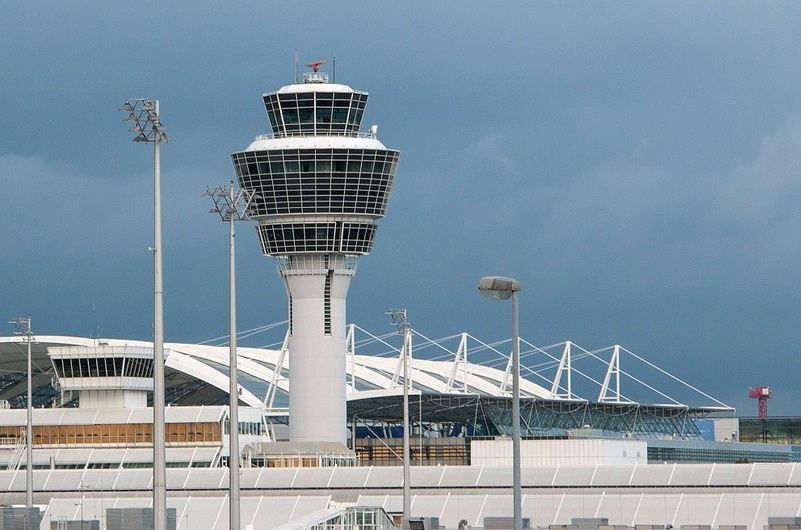Stuck In Portugal: French Air Traffic Strikes And Everything You Need To Know.

French Air traffic Strikes: Everything you need to know
The French Syndicat National des Controleurs du Trafic Aerien (SNCTA) union, the country’s biggest and main union for air traffic controllers staged a walkout arguing for better pay and more recruitment.
The French air traffic strikes are significant as over the years they have continued to affect countless thousands of travellers all over Europe. French airspace covers 14 million square kilometres across mainland France, the Mediterranean, Atlantic and overseas territories. All of which is used by major and budget airlines, such as Ryanair and EasyJet to connect to other countries.
As inflation sits at 6.6%, the country’s inflation rate has almost doubled since the start of the year. Based on this, the SNCTA argues pay needs to be in line with soaring inflation and the current economic situation.
In addition to this, their second argument reflects recruitment. Between 2029-2035 one third of the air traffic workforce is set to retire – this is roughly around 1,200 controllers. So there is a huge demand to fill in gaps within the sector. SNCTA argues it is vital this is addressed immediately given it takes an average of 3 years to fully train controllers.
Following no concrete guarantees from the Directorate for Civil Aviation (France) (DGAC) and the public authorities, this has led to an air traffic strike which has affected over 1000 flights departing and arriving in France, including overflights – flights transiting over French territory.
When did the French Air Traffic strikes occur?
The walkout took place on 6am on Friday 16th September to 6am on Saturday 17th September 2022. This is to be followed by a 3 day strike on 28th, 29th and 30th September. The 3 day strike will coincide with a nationwide strike by France’s General Confederation of Labour Union on 29th September.
what was the impact of the French Air Traffic strikes?
Europe’s biggest budget airline, Ryanair cancelled 420 flights affected 80,000 passengers. Whilst rival EasyJet cancelled 76 flights. British airways also cancelled 22 flights. The national carrier, Air France was also forced to cancel 55% of its short to medium haul; and 10% long-haul flights. In addition to this more than 400 flights departing from and arriving to Paris Charles de Gaulle and nearby airports were cancelled with a further 200 delayed. Further hundreds of flights were delayed as a result of this.
I also happened to be a passenger flying from Faro, Portugal (FAO) to London Gatwick, UK (LGW) on Friday 16th September. My flight BA2851 was scheduled for a short flight at 12:45 to 15:45. This was delayed for two hours, including one hour sat on the tarmac. Hundreds of passengers faced the same delays with terminals full of passengers waiting for their flights back. We were eventually airborne at 14:45 with an extra 1h05 mins to go around France.
Luckily enough, we managed to make it back despite delays. Unfortunately, a few friends who were also travelling back to Bristol and Manchester had their flights cancelled and had to travel the next day. We were one of thousands of passengers to be affected. Isn’t it fascinating to hear how a single scenario has a knock-on effect for thousands!
